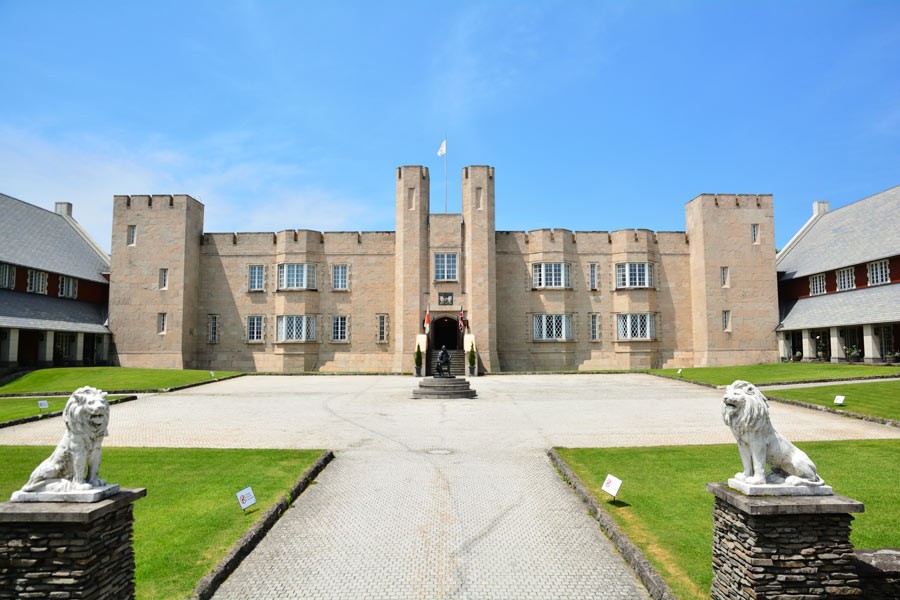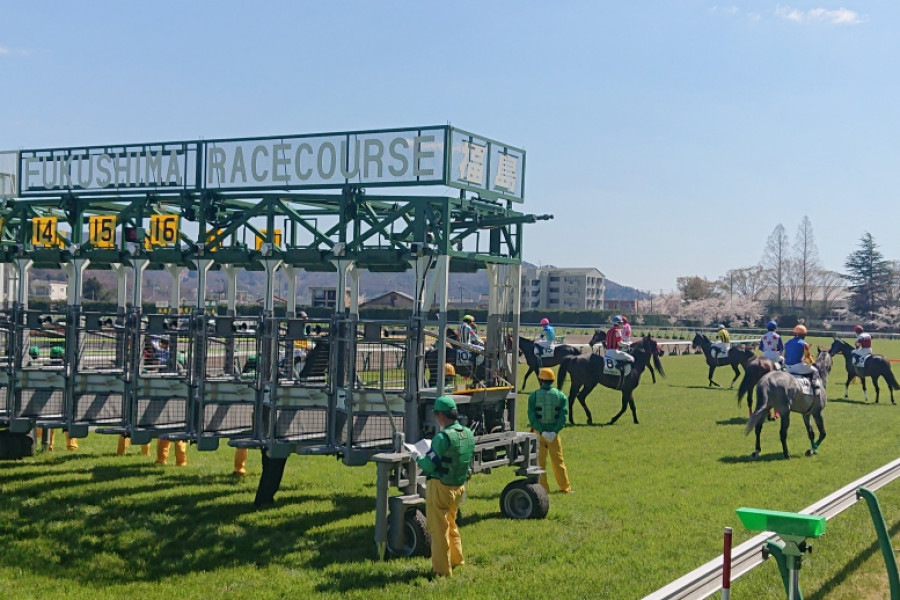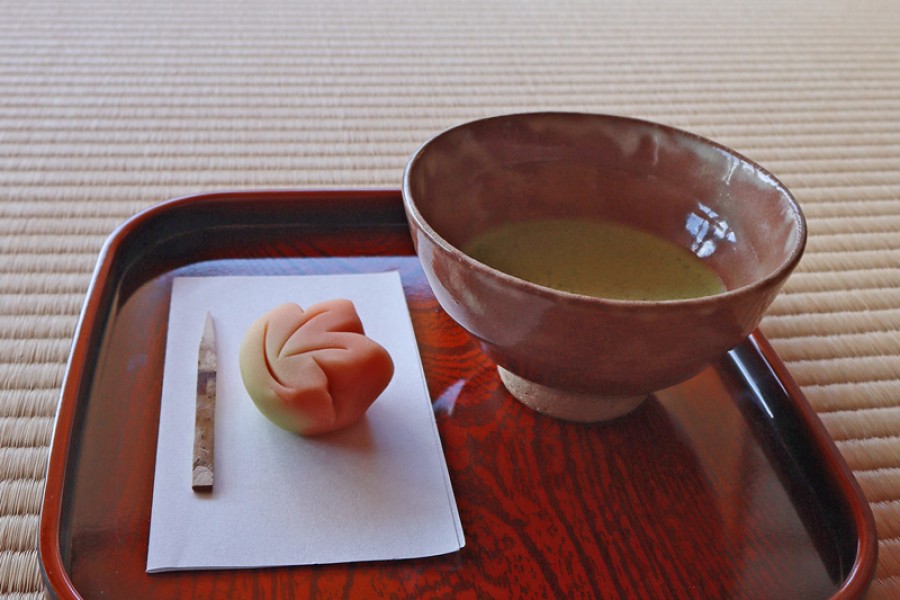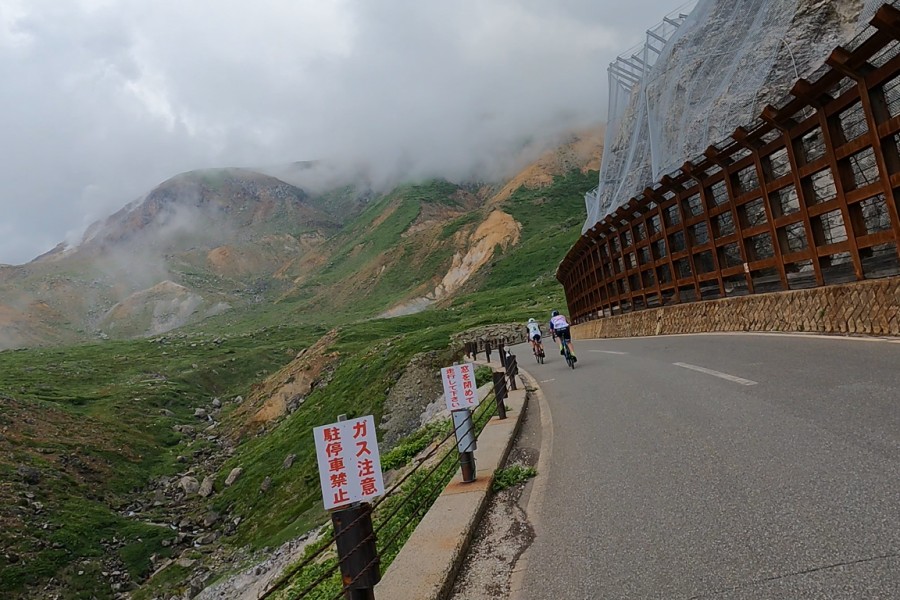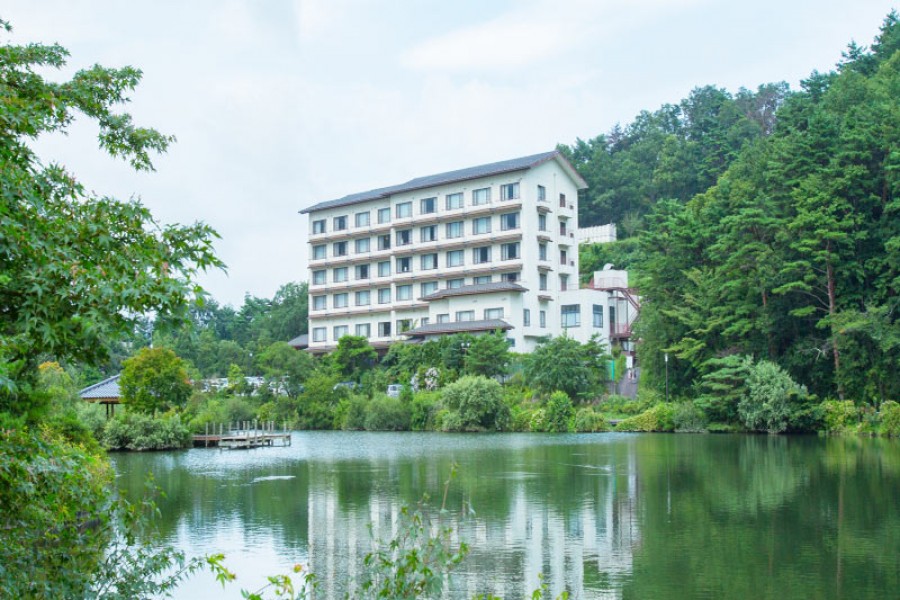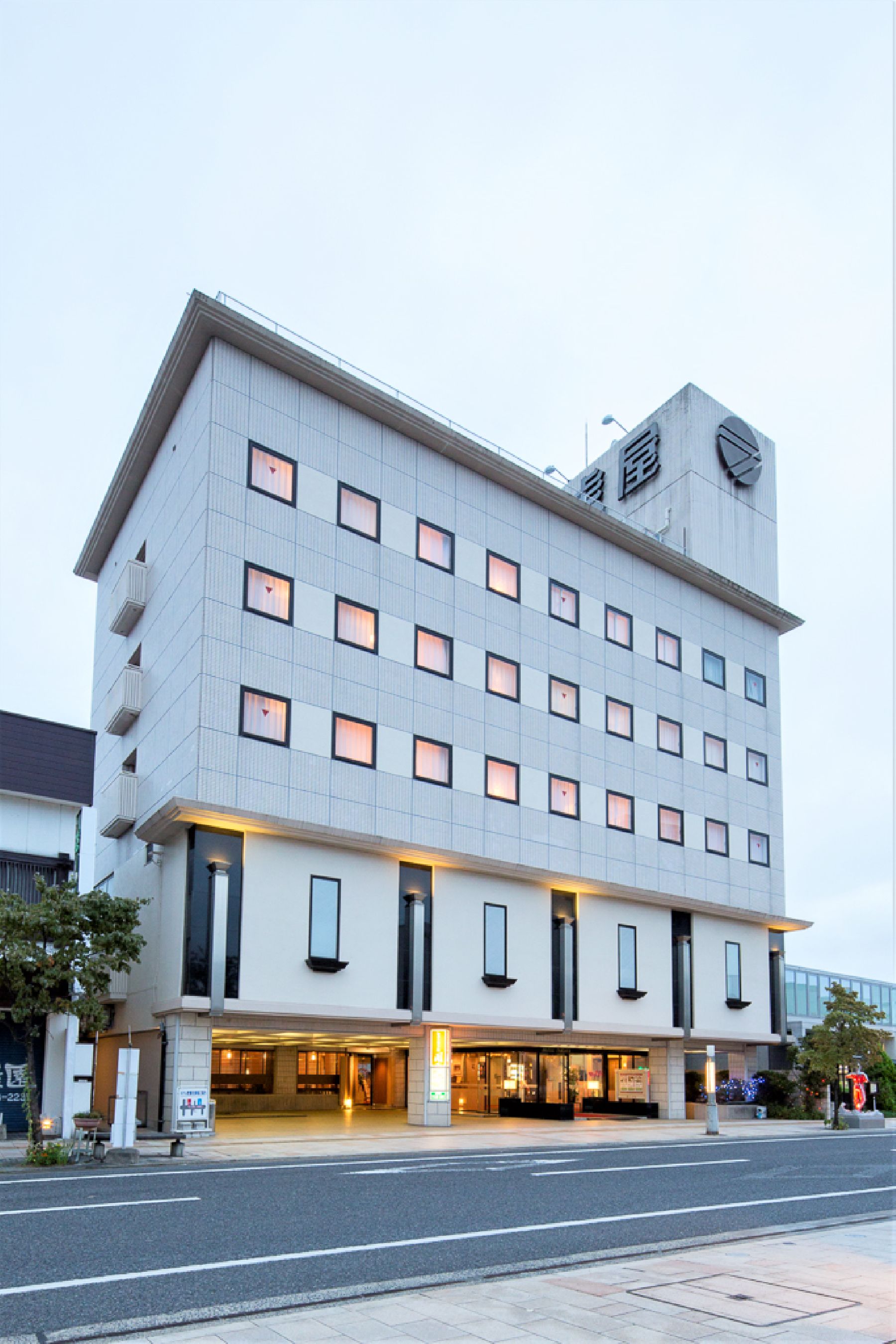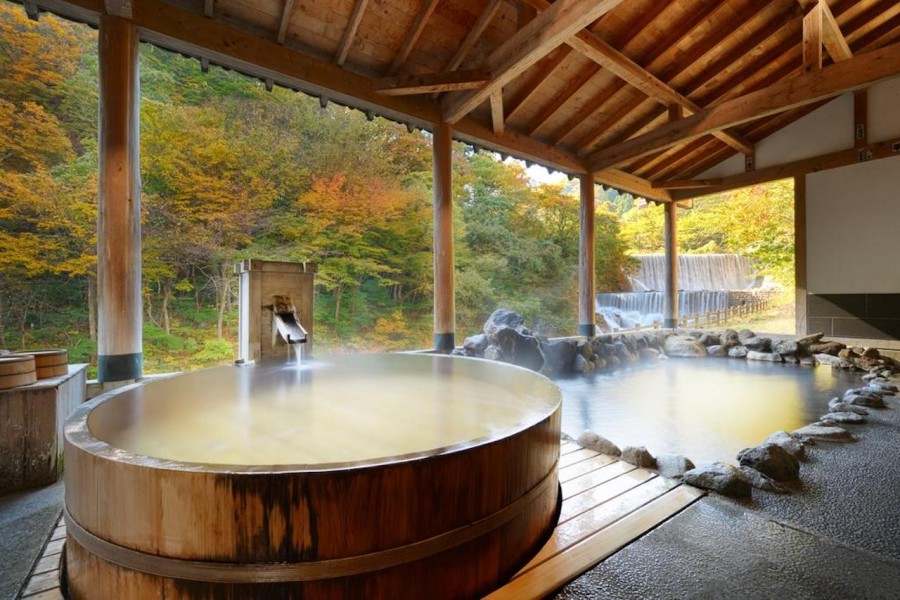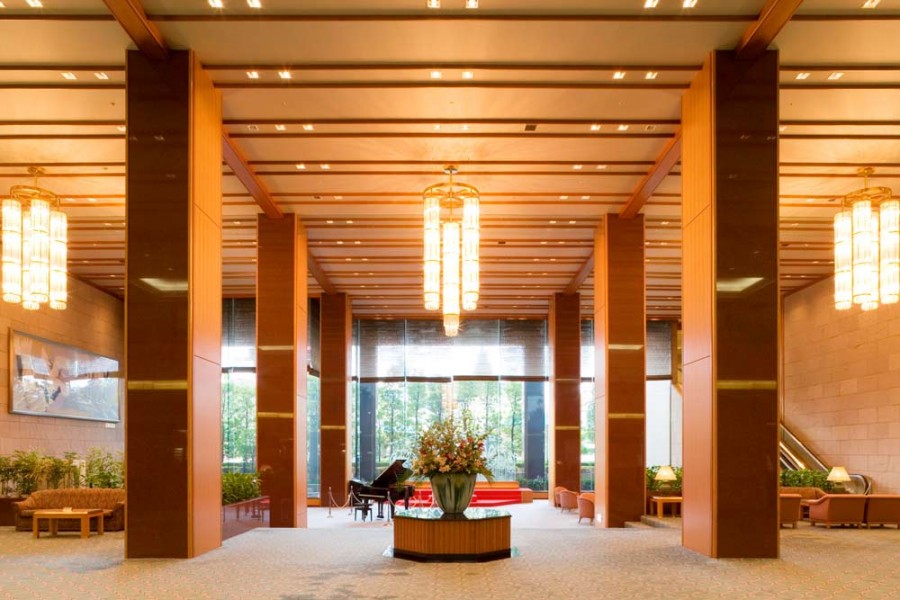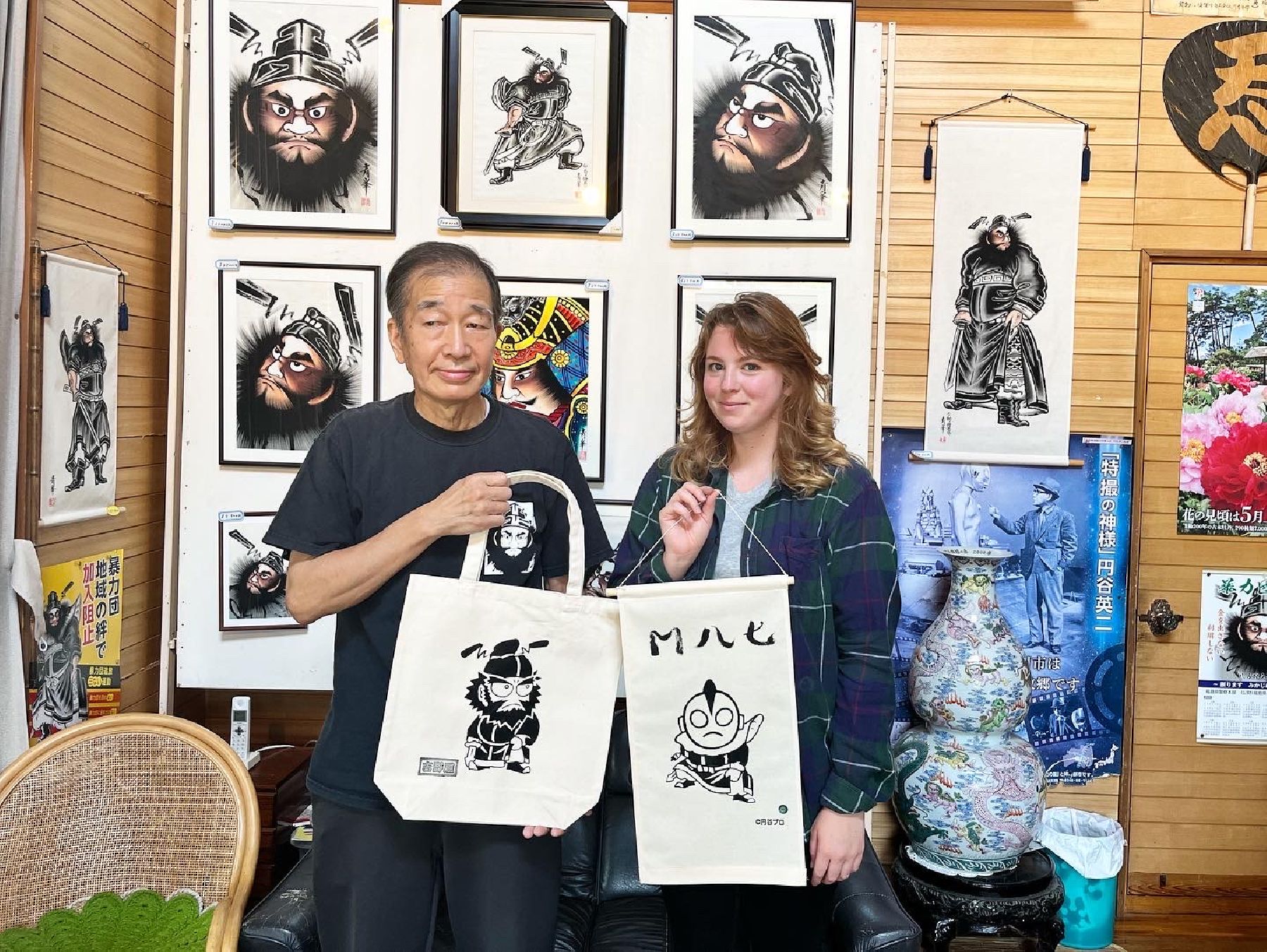
Sukagawa Enobori Yoshinoya Workshop
Established in 1836, the Yoshinoya family has been continuing the production of Enobori banners using traditional techniques. Originally the family business was a kimono shop, however, the side business of painting Enobori banners began to grow until is eventually became their main business.These banners typically feature images of warriors and can be quite complex with their designs. They are made by painting on banners with a type of calligraphy ink.To create clean and uniform design, stencils are made from various materials to be used as a guide for the design. Once the basic design is painted with a stencil, you connect the lines and add fine details by hand.As a nod to a famous Sukagawa person, they began creating a design of Ultraman posing as a samurai warrior! You can try out the traditional banner making method explained above to create tote bags and small banners featuring a variety of samurai and Ultraman samurai designs.©円谷プロ
